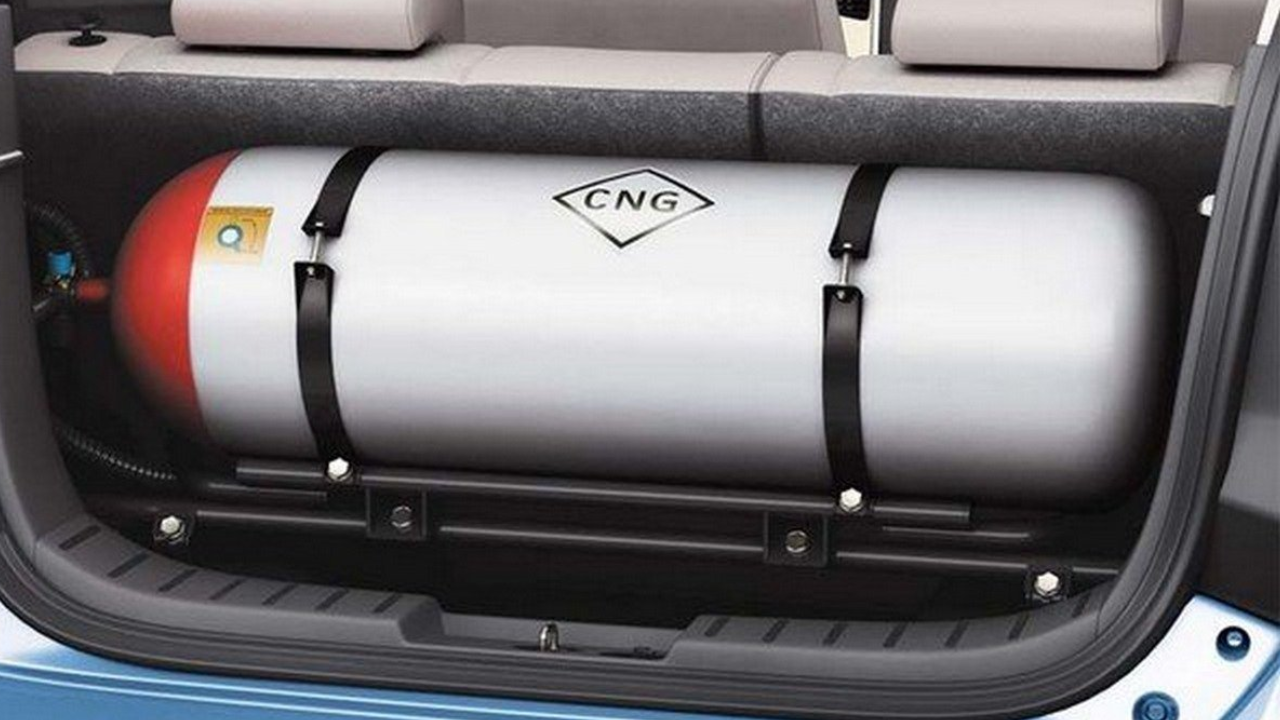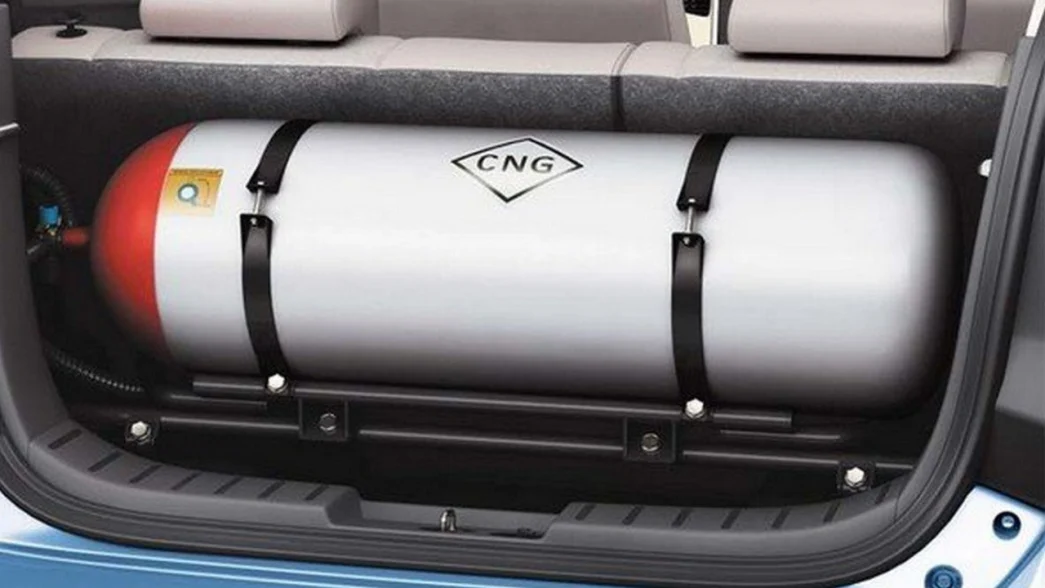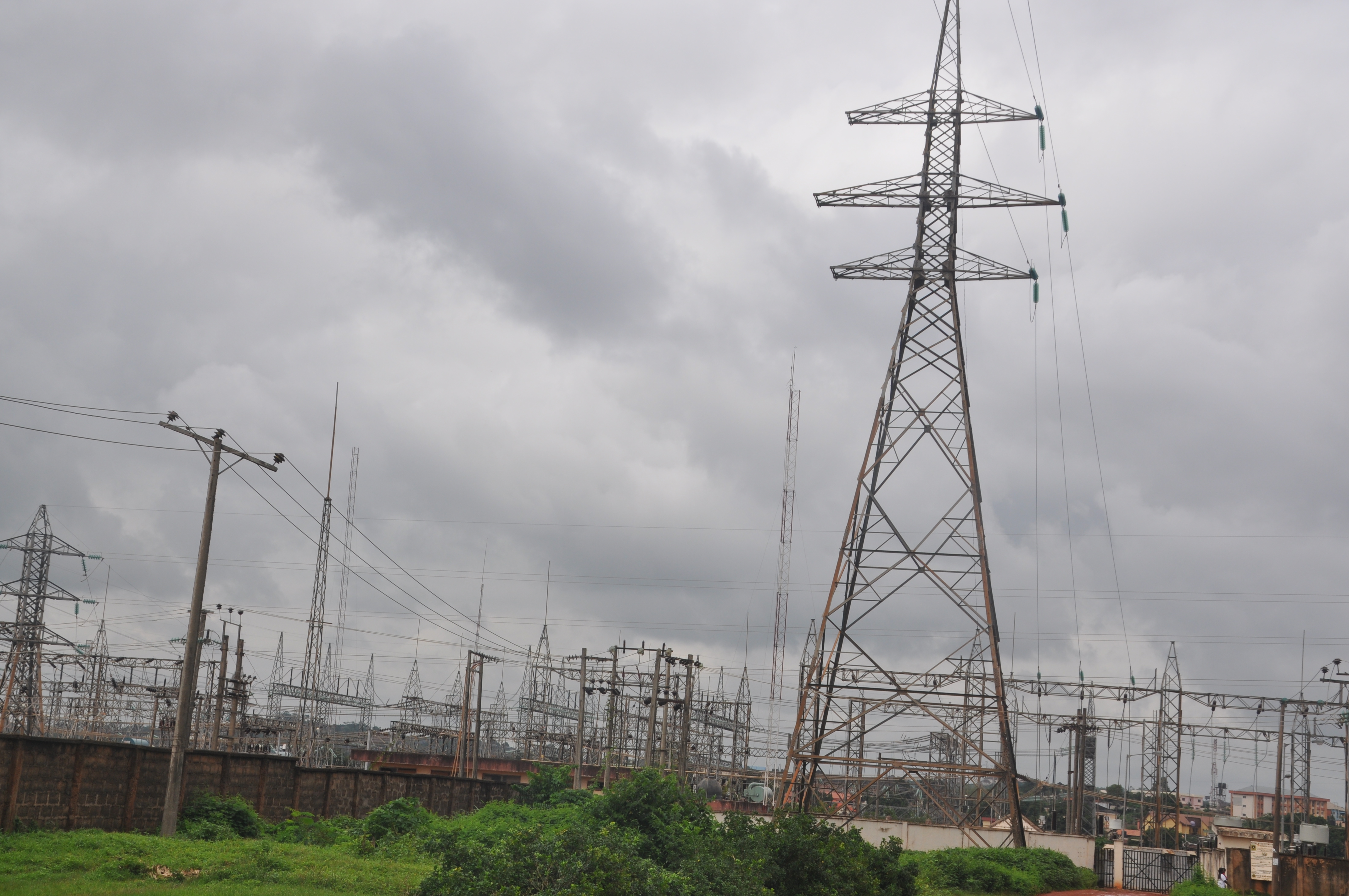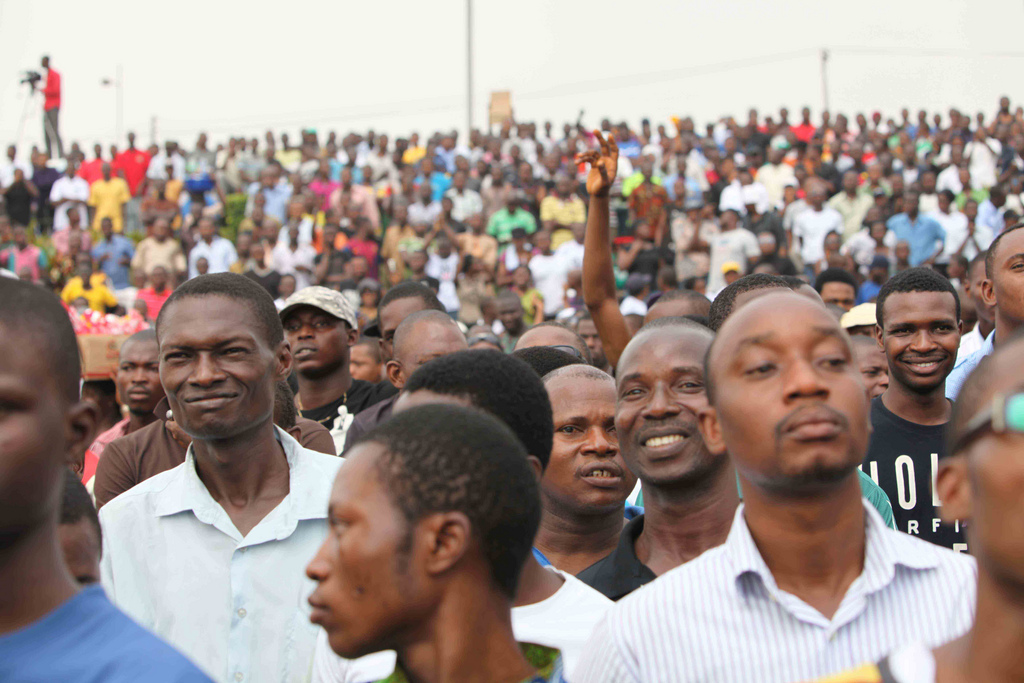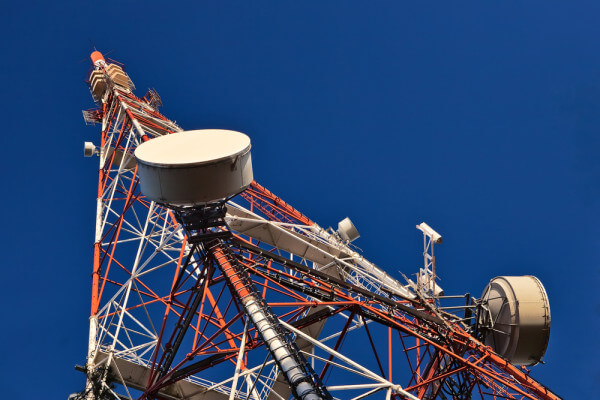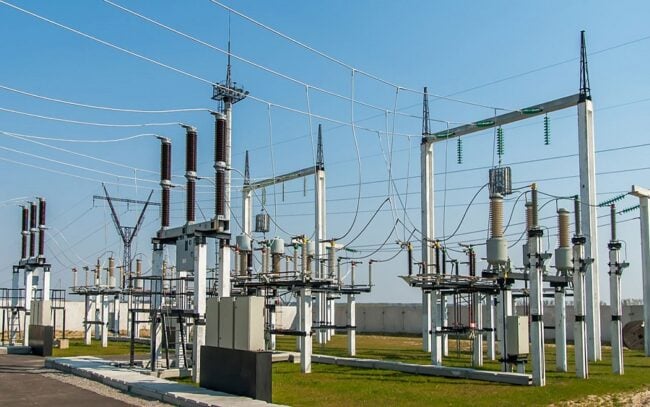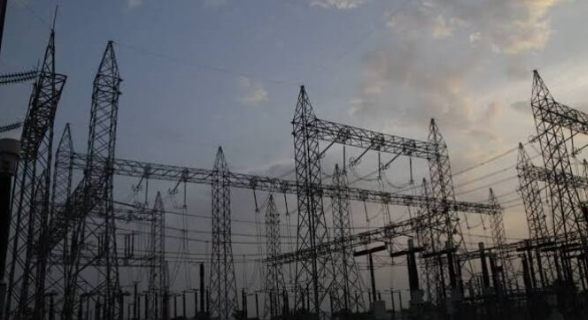The Standards Organisation of Nigeria (SON) has warned the public against the use of substandard and uncertified compressed natural gas (CNG) cylinders.
In a statement on Saturday, the SON said the organisation has robust and effective regulatory measures in place.
The agency said the measures are to ensure that all CNG equipment and conversion kits conform to approved standards before being certified for public use.
“The conformity assessment schemes are designed to prevent the import, manufacturing, and use of substandard products,” SON said.
Advertisement
The SON said it was partnering with the presidential CNG initiative (P-CNGi) and other relevant government bodies, to finalise the Nigerian gas vehicle monitoring system (NGVMS).
According to the statement, the platform would provide centralised monitoring and surveillance of CNG systems, ensuring that only vehicles equipped with approved conversion kits could access petrol at retail outlets.
“The NGVMS will also offer a database of approved CNG equipment and suppliers, which will go a long way in preventing substandard installations and further mitigate the associated risks,” SON said.
Advertisement
“This initiative reassures the public that CNG safety is top priority and reaffirms SON’s commitment to ensuring the safe use of CNG in Nigeria.
“It also urges all stakeholders to prioritise safety and recognise that LPG and other gas cylinders are not suitable for CNG containment.”
‘PRESSURE CAPACITY, CONSTRUCTION VITAL FOR SAFETY’
The SON said it was imperative to highlight the structural differences between the liquefied petroleum gas (LPG) and the CNG cylinders — pressure capacity and construction.
Advertisement
According to SON, both are crucial to ensuring and maintaining safety under the high pressure associated with CNG vehicles.
“The LPG cylinders with a working pressure of seven bar to withstand a test pressure of up to 30 bar of gas,” the organisation said.
“While the CNG cylinders are designed for much higher pressures with working pressure of up to 200 bar to withstand a test pressure of 300 bar and above.
“The LPG cylinders can have welded joints/seams while the CNG cylinders are seamless and do not have welded joints.”
Advertisement
The organisation also urged CNG vehicle users to utilise only SON-certified cylinders in their vehicles, as the use of uncertified cylinders presents serious safety risks, which should not be overlooked.
SON charged all CNG refuelling stations to undertake on-the-spot inspections to ascertain vehicles were equipped with approved conversion kits with required labels identifying the conversion centre.
Advertisement
“The SON is unwavering in its commitment to the development of CNG products’ standards and their certification, to meet safety requirements thereby enhancing safety in the CNG conversion process and strengthening the regulatory framework,” the organisation said.
On Thursday, a car powered by CNG exploded at a NIPCO filling station on Benin-Auchi road in Edo state.
Advertisement
Reacting to the incident, SON commiserated with the affected persons.
SON said preliminary investigations showed that the cylinder used to convert the vehicle “does not comply with the CNG Standards approved by the organisation”.
Advertisement
Add a comment
